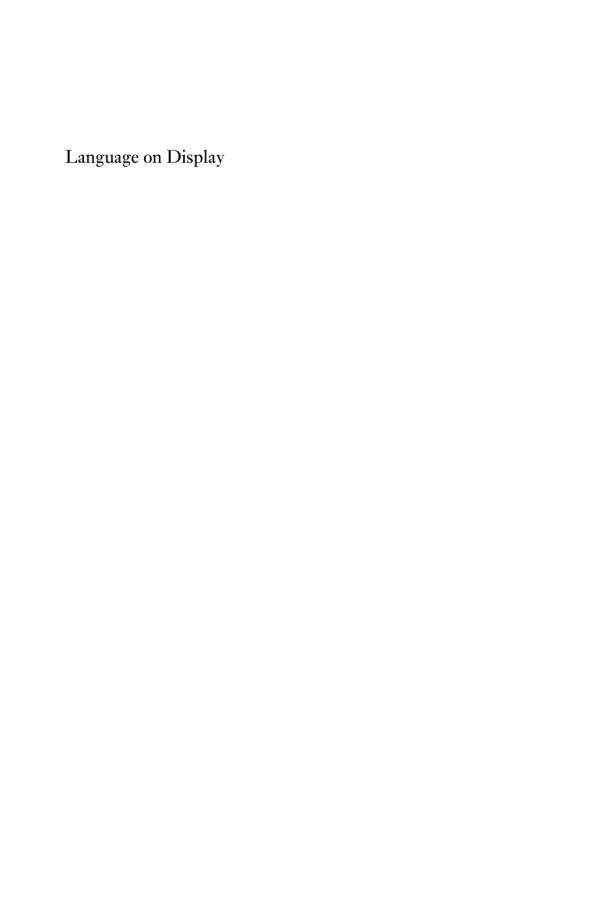

Most ebook files are in PDF format, so you can easily read them using various software such as Foxit Reader or directly on the Google Chrome browser.
Some ebook files are released by publishers in other formats such as .awz, .mobi, .epub, .fb2, etc. You may need to install specific software to read these formats on mobile/PC, such as Calibre.
Please read the tutorial at this link: https://ebookbell.com/faq
We offer FREE conversion to the popular formats you request; however, this may take some time. Therefore, right after payment, please email us, and we will try to provide the service as quickly as possible.
For some exceptional file formats or broken links (if any), please refrain from opening any disputes. Instead, email us first, and we will try to assist within a maximum of 6 hours.
EbookBell Team

4.8
44 reviewsPost-Soviet Russia was a period of linguistic liberalisation, instability and change with varied attempts to regulate and legislate language usage, a time when the language question permeated all spheres of social, cultural and political life.
Key topics for debate included the Soviet linguistic legacy, the past and future of Russian, linguistic variation, language policy and linguistic ideologies. This book looks at how these debates featured in literature and illustrates the discussion through six interpretive readings of post-Soviet Russian prose. It analyses both the writers’ explicit and implicit responses and in doing opens up new perspectives for sociolinguistic research on metalanguage.
Spanning a number of theoretical fields including language variation, language policy and literary stylistics, Ingunn Lunde provides a coherent way of triangulating these fields by the introduction of the concept of performative metalanguage. The book also offers insight into the role of writers in the broader social and political context of language culture in contemporary Russia and into the various ways in which the linguistic and aesthetic practices of literary art can engage in questions related to the negotiation of linguistic norms.